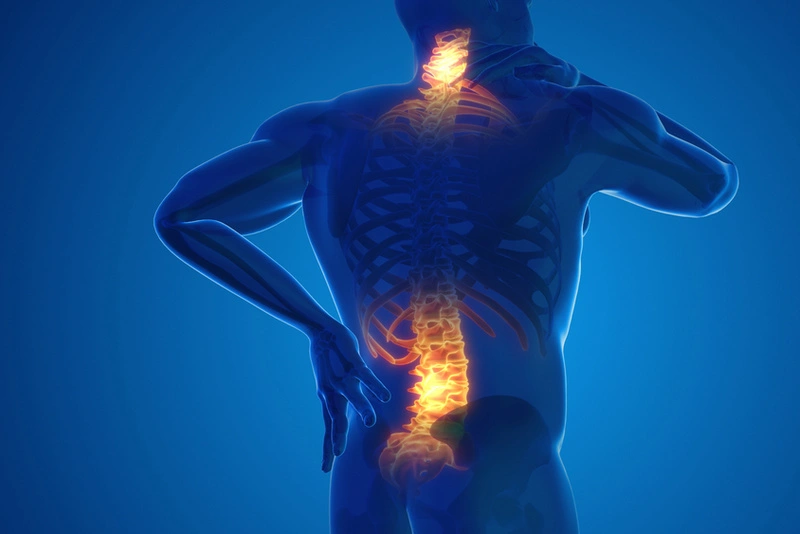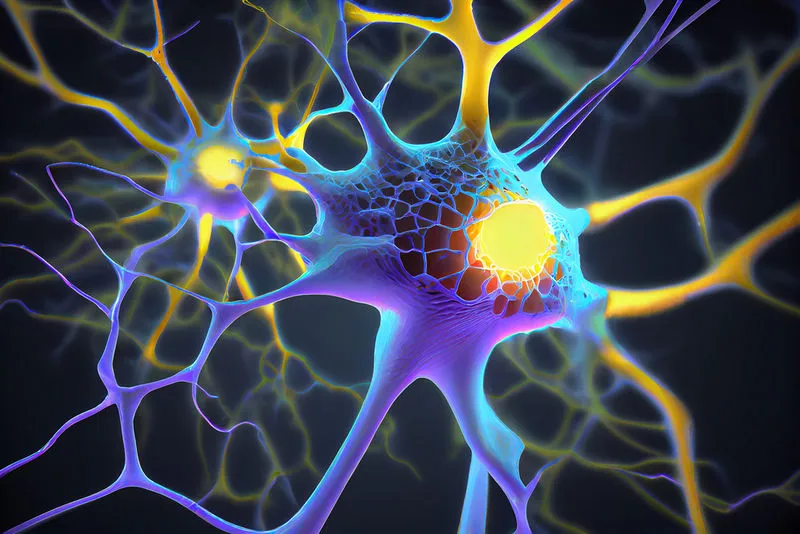This article will describe what transcranial magnetic stimulation (TMS) is and how it works. It will review chronic pain, what causes it, how it affects life, and what treatment methods are available for it, including TMS.
Introduction
Transcranial Magnetic Stimulation (TMS) is a potential breakthrough therapy for chronic pain. But how effective is TMS in managing chronic pain conditions, and what other valuable information on this innovative treatment approach should you know before trying?
TMS is a form of noninvasive treatment that uses magnetic stimulation, as the name suggests, to send pulses into the brain. Electrodes are placed around the head while a professional moves the equipment around to reach the areas you need most. This makes it a versatile form of therapy for those who need help with specific regions of the brain, several regions of the brain at once, or treatment that reaches deep areas of the brain that might not be as effectively targeted using other methods.
Chronic pain refers to any pain that is long-lasting and not necessarily related to a specific cause, like a broken bone or injury. Chronic pain can be debilitating for those who have it, causing not only physical pain but mental health issues like depression or anxiety surrounding the potential for chronic pain.
At present, treatment for chronic pain revolves around opioids, but that comes with a significant risk of addiction as well as tolerance. Those who try to use opioids for long-term relief from chronic pain will find that, over time, they become less and less effective. There are also several potential side effects. TMS, on the other hand, doesn’t have that same risk, has very few, if any, side effects, and can be used long-term without ever causing a tolerance and thus reducing the effectiveness.

What Is TMS for Chronic Pain?
Transcranial magnetic stimulation is, as the name suggests, a form of noninvasive and nonpharmacological treatment that stimulates different parts of the brain using magnetic pulses. This makes it particularly effective when trying to stimulate blood flow and improve neurological function in specific, deep folds in the brain that might not be otherwise easily reached.
How Does TMS Work for Chronic Pain?
There are several causes of chronic pain, which can include things like fibromyalgia, complex regional pain syndrome, neuropathic pain from diseases or side effects of medication, migraines, and more.
There are several mental health symptoms and other disorders that can cause neuropathic pain, and there are genetic and psychological factors that play an important role in chronic pain.
No matter the source, chronic pain can have a devastating impact on daily life. Individuals with chronic pain don’t necessarily know an exact source or cause, which means they might not have a specific treatment method, unlike someone who, for example, sprains their wrist or burns their foot and knows that the body will heal those issues immediately.
Chronic pain can be so debilitating that individuals can’t move or function during the day; they can’t sleep, which leads to disruptions in hormonal balances and mood. Even on days when individuals don’t experience chronic pain, they might live with anxiety and fear over the potential for chronic pain to re-emerge. There’s often a great deal of anxiety about when a particularly painful day will strike again, as well as depression over the inability to move beyond the pain.

For that reason, many people are looking to find successful treatment strategies that help with chronic pain, and TMS is one of them.
TMS chronic pain treatment works by targeting specific regions of the brain associated with your pain sources.
The Effectiveness of TMS for Chronic Pain Relief
So, how effective is TMS chronic pain treatment? Let’s look at some findings.
Clinical Insights and Research Findings
Several studies have been linked to chronic pain TMS.
One study found that there was a statistically significant reduction in pain intensity for those who used TMS for chronic pain having to do with pain from:
- Fibromyalgia
Another study looked at TMS chronic pain treatment with high-frequency stimulation targeting the primary motor cortex. Results found that there were high levels of pain relief from things like:
- Complex regional pain syndrome
- Neuropathic pain
- Fibromyalgia
Other work has corroborated that high-frequency TMS targeting the primary motor cortex can successfully decrease the intensity of pain among:
- Peripheral neuropathic pain
- Migraines
- Fibromyalgia
Is TMS Therapy for Chronic Pain Right for You?
There are several situations where you might consider using TMS therapy for chronic pain. For example:
- TMS might work well if you have developed a tolerance to your current pain medications
- TMS might work well if you don’t want to rely on medication for pain management
- TMS might work well if you are looking for another holistic and noninvasive approach to your pain
Every struggling with chronic pain has a different story, different causes, and different potential neurological sources. As such, it’s important to speak with your physician about exploring TMS to help treat some or all of your symptoms.
Patient Reviews: Insights into TMS Therapy for Chronic Pain
TMS chronic pain treatment will vary from one person to the next in terms of how long the results last, where the magnetic pulses target within the brain, and how well it works with other treatments, but overall, research indicates an improved quality of life with minimal side effects.
Improved Quality of Life
Results from studies have confirmed that TMS sessions are well tolerated, and the effects of the daily sessions, short though they may be, can help with acute or chronic issues. Noninvasive TMS is a reasonable treatment approach for several causes of chronic pain and has been successfully demonstrated to relieve many symptoms and the severity or frequency of said symptoms without contraindications.

This means that individuals with different forms of chronic pain experience:
- Less pain
- Pain less often
- No or minimal side effects
Minimal Side Effects
TMS therapy for chronic pain is a promising form of care, given that there are minimal side effects. No matter the type of chronic pain from which you suffer, chronic pain TMS treatment can be used in conjunction with any other medication or therapy, as well as holistic care you might utilize.
For example, if your physician encourages you to take medication when there are significant pain problems and practice physical therapy, cognitive behavioral therapy, and yoga, you can still incorporate TMS without any possible contraindications.
Moreover, at most, the side effects associated with TMS include a mild headache or discomfort at the site or the electrodes placed around your head. This does not affect everyone, and for those who experience these side effects, they tend to go away after the first few sessions.
Given that TMS is noninvasive without any need for pharmaceuticals or anesthesia, it’s also something that can be easily completed several days per week in and around other professional or personal obligations without the need to recover, get rides home, or wait for medication to wear off.
Chronic Pain Relief with Transcranial Magnetic Stimulation: A Glimpse into the Future
To date, while several studies have investigated temporary pain relief with TMS, studies assessing the different aspects of chronic pain as it relates to TMS as well as the long-term efficacy, specifically when combined with other treatments, have yet to be completed.
This means there is a great deal of future prospects in the field with the potential for ongoing research.
However, as continuing research investigates more personalized aspects of TMS for chronic pain, clients can benefit from reduced medication dependency as a form of pain management.
Summing Up
In conclusion, transcranial magnetic stimulation (TMS) is emerging as a beacon of hope for people struggling with chronic pain. If you or someone you know is struggling with any type of chronic pain, you should consult with a physician to determine whether TMS therapy is a suitable option for relieving your pain.